At the heart of the BSL’s mission lies a dual commitment: to dismantle the barriers around Black sound, liberating it from criminalization, and to empower and celebrate Black life through cutting-edge digital practices.
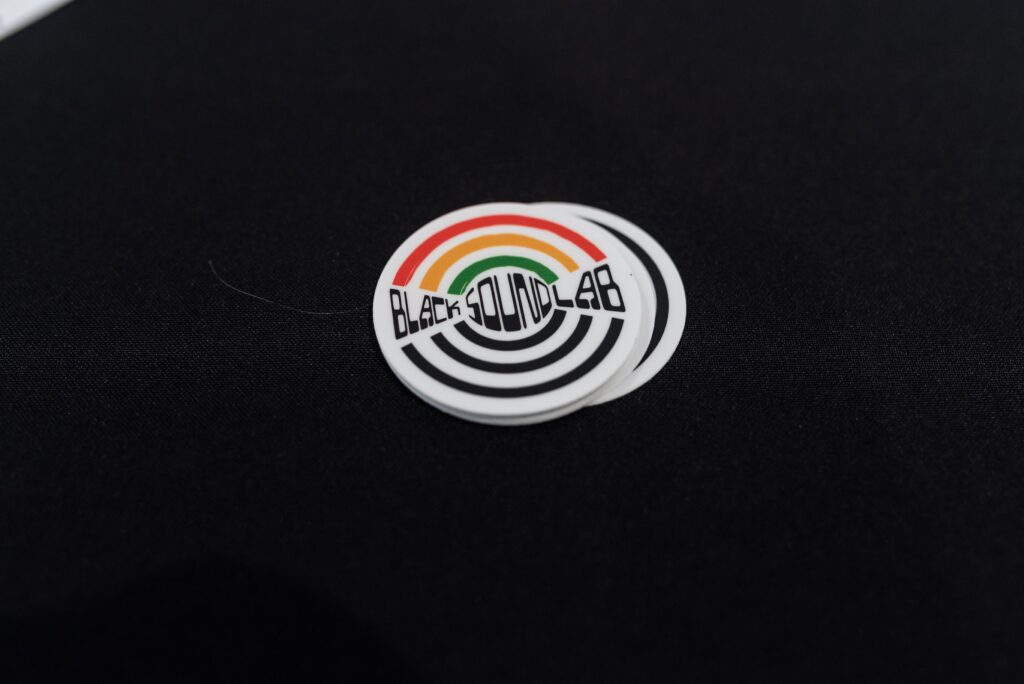
What does it mean to decriminalize Black sound?
From the 19th century Black Code laws that banned Black people from congregating to the murder of Jordan Davis over hip-hop played at a gas station, Black sound has been surveilled and criminalized for centuries. To decriminalize Black sound is to make audible these historical and contemporary connections and work against policies that proceed to harm Black people over sonic expression that has been deemed too noisy, loud, and dangerous.

What does it mean to amplify Black sonic life?
To focus solely on criminalization overestimates the importance of crime to black sonic life. The BSL also seeks to emphasize the vitality of Black sonic life in all its forms, from mapping popular Black music venues to amplifying the work of other thinkers and organizers working to deepen connections between Blackness and sound.
Our Team

Dr. Allie Martin
Allie (she/her) is a Mellon Faculty Fellow at Dartmouth College in the Music Department and the Cluster for Digital Humanities and Social Engagement. Her work explores the relationships between race, sound, and gentrification in Washington, DC. Utilizing a combination of ethnographic fieldwork and digital humanities methodologies, Allie considers how African-American people in the city experience gentrification as a sonic, racialized process. Her work has been supported by the Ford Foundation, the Smithsonian Institution, the Society for American Music, and the American Musicological Society. She is currently working on her first book, entitled Sonic Intersections: Listening to Gentrification in Washington, DC.
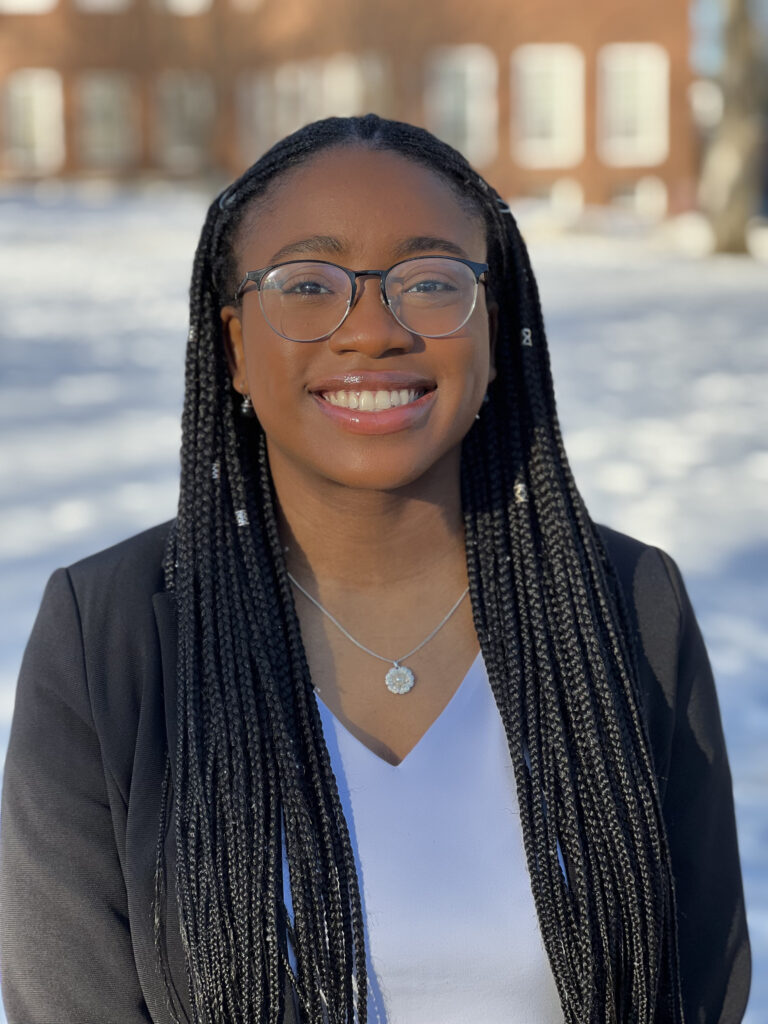
Ivie Aiwuyo
Ivie is a student at Dartmouth College studying Film and Media Studies and African and African American Studies. She is Nigerian and she was born and raised on the South Side of Chicago. She is very passionate about the intersection of media and social justice, she believes that film wields the power to shape and form narratives and preconceptions that translate to our everyday lives. Therefore, she aspires to utilize cinema as a platform for social change. Through her work with the Black Sound Lab, she hopes to continue to develop this passion for digital media and storytelling.
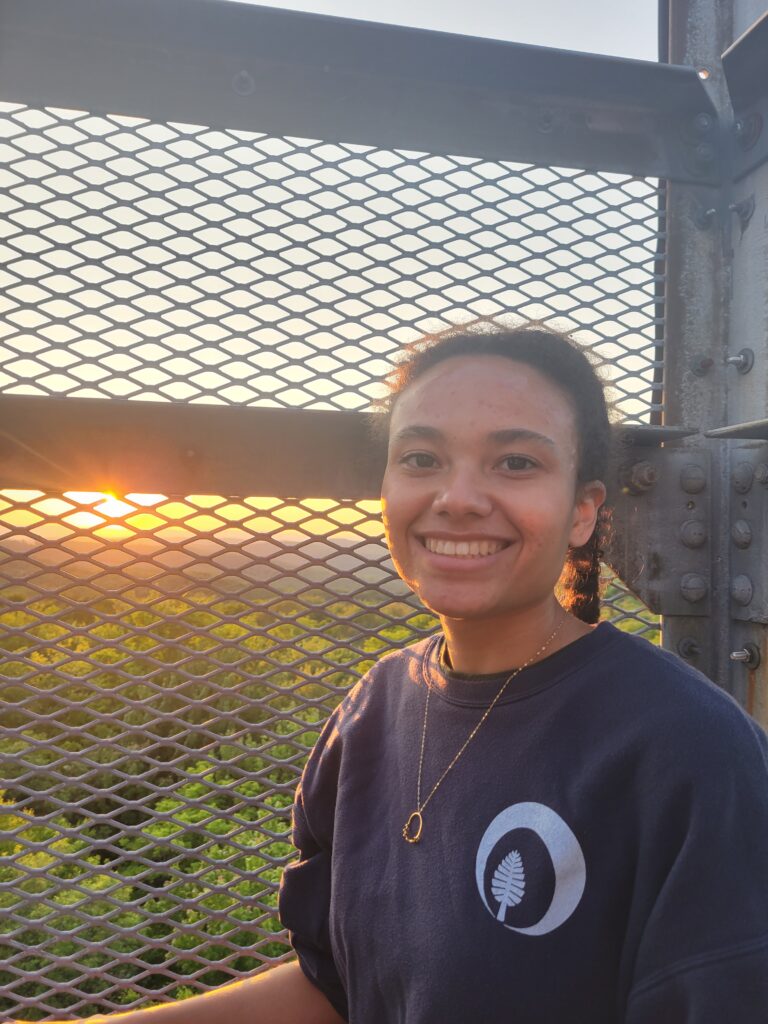
Kaija Celestin
Kaija (she/her) is a student at Dartmouth College majoring in English and African and African American Studies. Her involvement with BSL is driven by her interest in uncovering the diverse narratives of Black life. Particularly, by understanding the interplay between language, culture, and sonic expressions. With her academic background and previous Digital Humanities research experience, she hopes to help amplify underrepresented voices and stories through BSL’s projects.
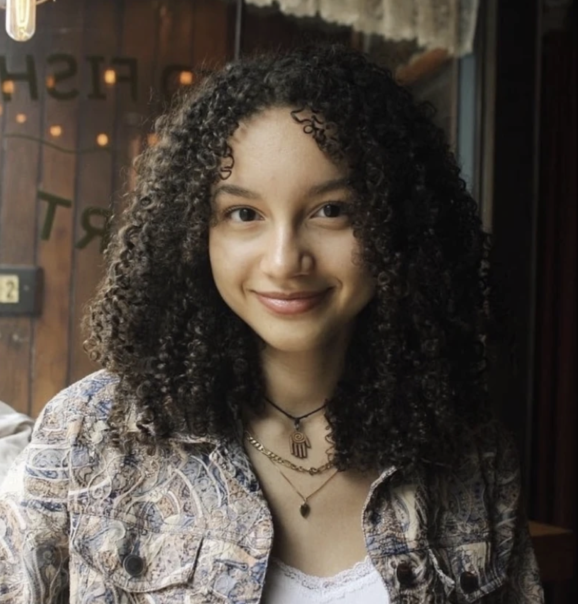
Eva Hymes
Eva (she/her) is a Mechanical Engineering and Human Centered Design student studying at Dartmouth’s Thayer School of Engineering. Driven to better understand how human stories impact technological development, she has joined the Black Sound Lab in an effort to bring marginalized communities into the spotlight of her studies. With her academic background in design, anthropology, and engineering, Eva brings a unique perspective to BSL that focuses on design thinking for positive change.

Schuni Mutalenu
Schuni (she/her) is a Dartmouth College student with an intended major in Quantitative Social Science and Computer Science. Originally from Cotonou, Benin, she now resides in Westbrook, Maine.
Her interest in The Black Sound Lab’s projects is driven by her fascination with the potential of technology to drive positive social change. With her academic background, she brings a unique blend of analytical and technical skills to the team. Schuni believes in the power of digital innovation to amplify the voices of marginalized communities, particularly those whose sounds have faced historical scrutiny and criminalization.
Past Members
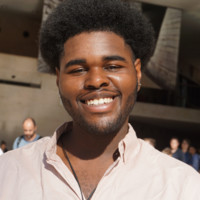
Armond Dorsey
Armond (he/they) is a musician, playwright, and poet from Prince George’s County, MD whose creative works center on storytelling, Blaqueerness, the Black mundane, Black masculinity, and Afrosurrealism. Armond’s writing and narrative electroacoustic compositions channel history, memory, and ethnography to thread the stories Black folk have lived, continue living with, and dream of living in. The practice of intentional, deep listening lays the foundation not only for Armond’s creative works but also their research. Armond’s research interests combine Black studies, music cognition, sound studies, and public health to curate and develop music interventions that both address racial and historical trauma as well as improve access to care for marginalized communities.
Armond is a current first-year M.A. student in the Digital Music program at Dartmouth College. In June 2020, they graduated from Dartmouth College with a B.A. in Music modified with Neuroscience alongside a minor in African and African-American Studies.
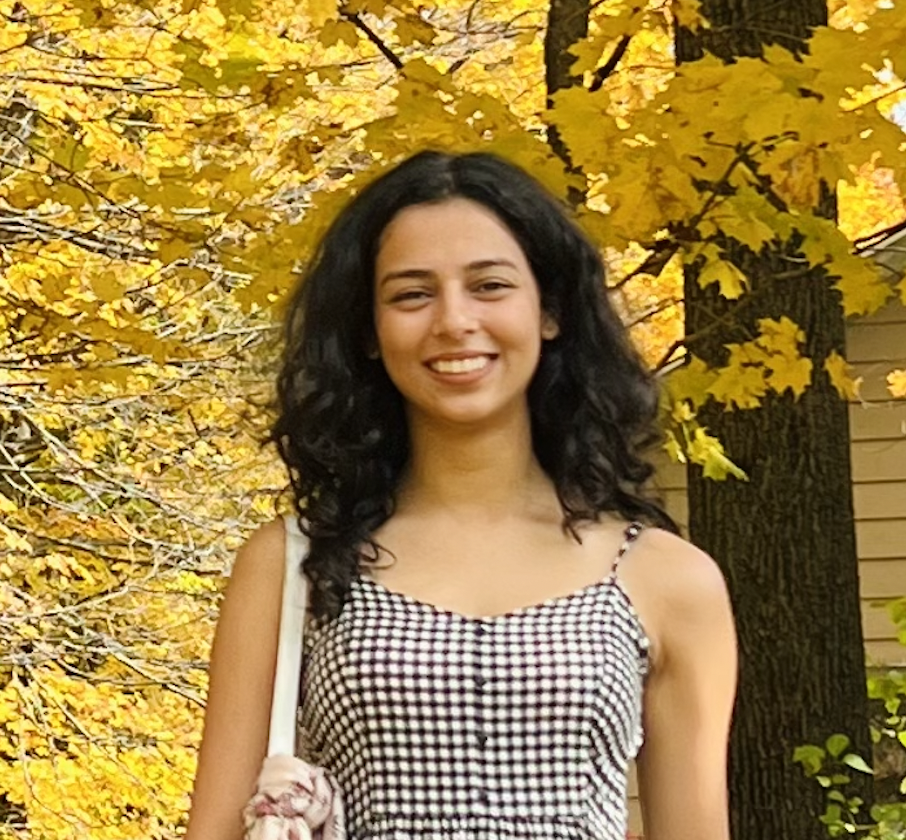
Shivangi Tandon
Shivangi (she/her) is a Software Engineer and hobbyist musician from Sitapur, India. She is a current student in the Master in Engineering Management (MEM) at Dartmouth College, pursuing a collaborative program between the Thayer School of Engineering and Tuck School of Business. Before coming to Dartmouth, she worked as a software developer in an e-commerce startup after completing her Bachelor’s in Computer Science Engineering from the National Institute of Technology Allahabad in India.
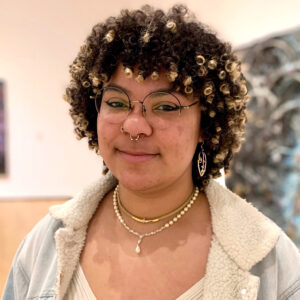
Lydia Davis
Lydia is an art historian from the Bay Area of California. She is currently finishing her senior year as an Art History major and is working on an art history honors thesis. Her work revolves around contemporary art, African and African – American art, and diasporic studies, with a special emphasis on art from the Black US South. Lydia is interested in art as a means of identity and how we discuss Black art and artists in contemporary art historical practice. She is also interested in how we can work to increase the representation and understanding of Black artists in art institutions.
